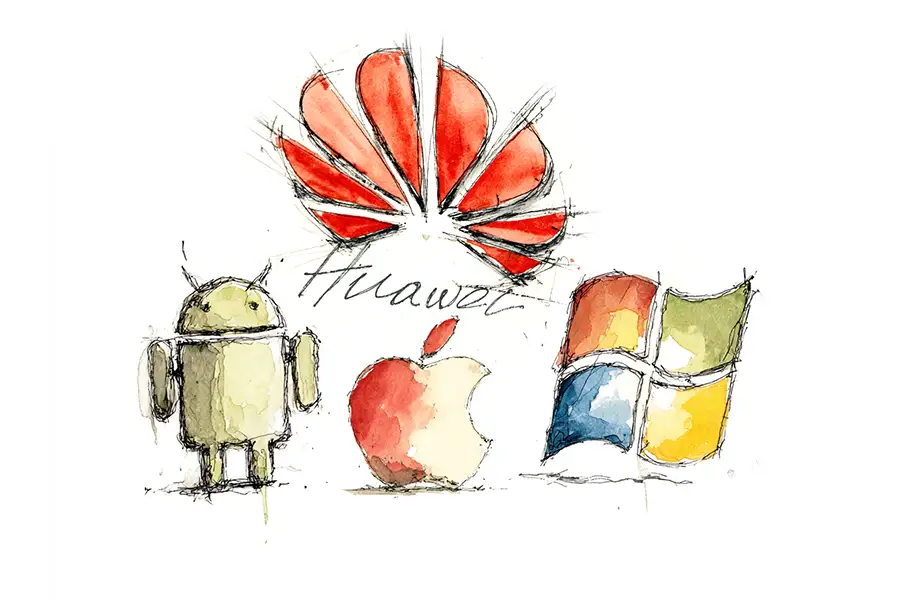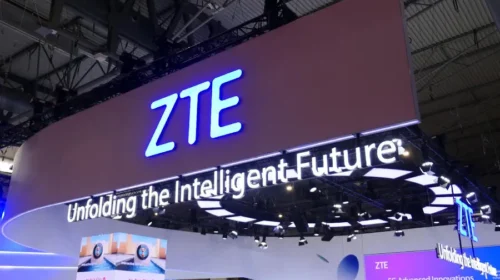WeRide’s big share repurchase, and Huawei’s PC Harmony

By Doug Young & Johnny Zou
The past weeks have offered two telling snapshots of ambition colliding with reality. On one side stands WeRide, the freshly listed autonomous driving hopeful that just pledged a quarter of its October IPO proceeds to prop up its sagging share price. On the other looms Huawei, still determined to chip away at the Google-Apple-Microsoft operating-system triopoly with Harmony OS, yet struggling to persuade rivals — or app developers — to join the crusade. We think both stories reveal how hard it is to turn grand narratives into durable businesses in today’s China.
WeRide: Buying time with its own cash
WeRide’s shares have slid more than a third since their Nasdaq debut, and management has responded with a $100 million buyback — an eye-catching sum for a company that raised roughly $400 million only eight months ago. The move briefly arrested the decline, but it also underlined a deeper problem: the cash burn that comes with chasing truly driverless mobility.
Revenue in the latest quarter grew a mere 1.8% year-on-year to just $10 million. WeRide has also reportedly ploughed some $3 billion into R&D over the past four to five years. That leaves precious little margin for financial theatrics.
The buyback hints at backstage pressure. Early backers often find themselves staring at underwater stakes once lockups expire. A quick lift in the stock price can ease their exit — even if retail investors end up footing the bill. And from what we can see in the investment sector, “suicidal IPOs” have recently become a handy escape hatch for investors tired of waiting for profits that never arrive.
Longer term, consolidation seems inevitable. China boasts half a dozen standalone robotaxi developers, yet even Waymo — armored by Google’s balance sheet — has not rushed to list. Without a benefactor of similar scale, WeRide could eventually find itself absorbed by a global automaker or domestic tech giant. But any would-be white knight is certain to haggle hard, as there could be some cheaper ways to get the same type of technology.
Harmony OS: Building an ecosystem without friends
Huawei’s Harmony OS radiates patriotic promise: a homegrown alternative should Washington ever cut China off from Western software. Yet, ecosystems flourish only when partners feel embraced, not threatened. Huawei’s sprawl — from smartphones to PCs and even cars — means nearly every potential ally for Harmony is also a competitor.
The numbers tell the tale. Harmony hosts roughly 13,000 apps, versus roughly 2 million each on Apple’s App Store and Google’s Play Store. Government procurement can seed demand — state-owned enterprises can always be told to buy Harmony devices — but forced adoption seldom breeds genuine loyalty.
Beijing’s cheerleading may help Huawei shift some hardware, yet it does little to resolve the strategic contradiction. Is the priority to sell more handsets and PCs, or to nurture Harmony as a neutral platform? Until that question is settled — and until Huawei finds ways to fund, rather than fight, would-be partners — Harmony might remain more slogan than standard.
About China Inc
China Inc by Bamboo Works discusses the latest developments on Chinese companies listed in Hong Kong and the United States to drive informed decision-making for investors and others interested in this dynamic group of companies.
Subscribe to China Inc on your favorite app:






